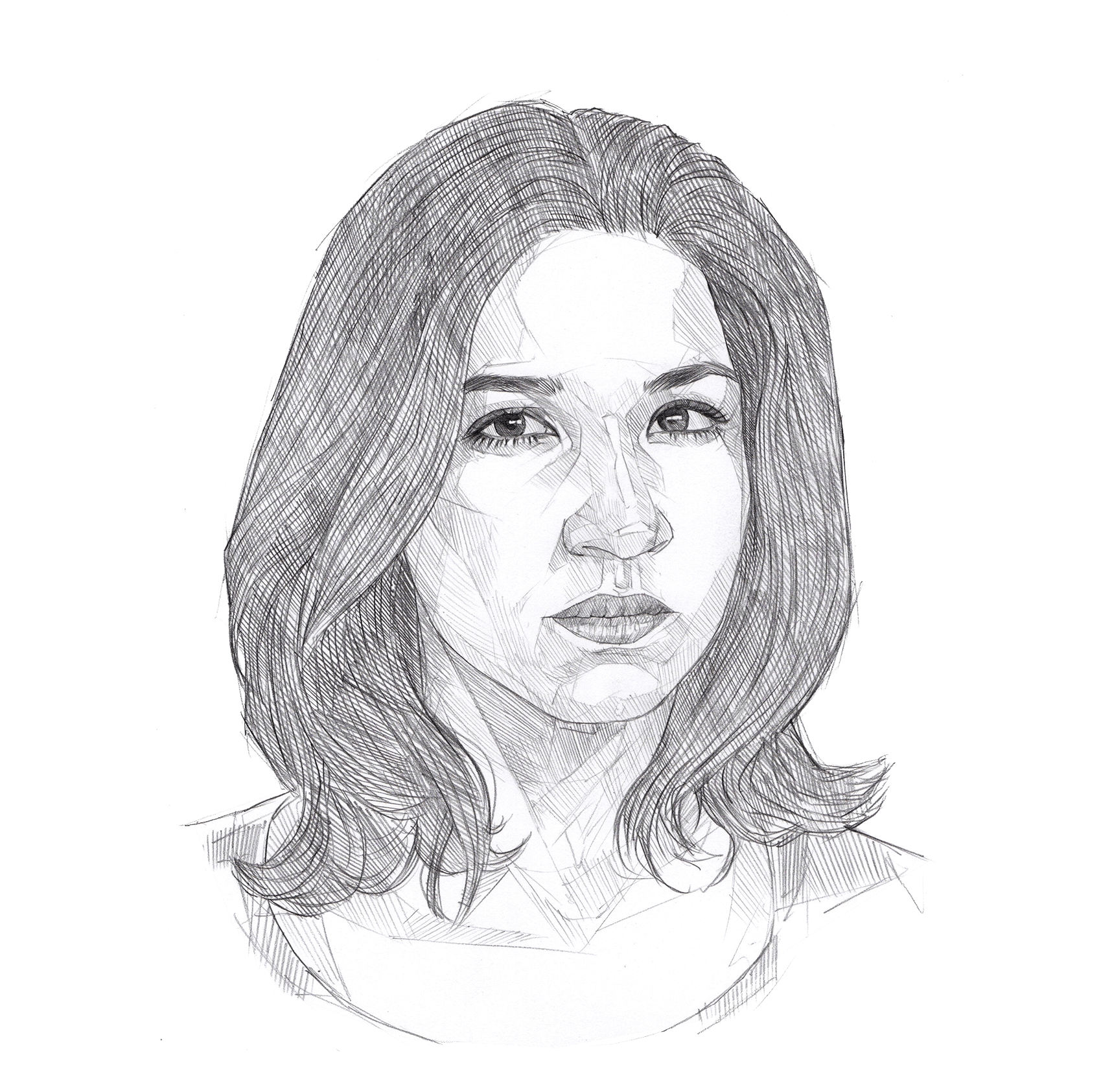There was something not working
If you think about the South Indian perspective, I say the experiences and trauma would be just the same with any person, no matter the ethnic group or gender. But I feel [...] someone who is providing [...] support can keep things in mind that they are dealing with different ethnic groups. For example, when it comes to Indians - like South Indians, or whatever - we cannot talk about this comfortably with the parents, so that is something different [...]. The cultural differences are something that, you know, counsellors - I am sure they are aware of it. But I feel that, like - I changed a lot of counsellors because lack of understanding, communication, you know, there was something not working. I feel like understanding cultural difference - for us culturally, our values, ideologies are way different from what is here.
Recommendations
-
Sign on with a service such as KeepMe.Safe, which connects students with mental health professionals from cultures around the world and promote this service as part of university SV/SA service provision.
-
When responding to a disclosure or report of sexual violence involving racially or ethnically marginalized students, provide these students with the choice to work with someone who shares their cultural or racial identity or someone who does not.
-
Engage in activities to develop cultural responsiveness as it pertains to sexual violence prevention and response. Apply culturally responsive practices in these areas.
-
Consider how a student's identities might affect their expectations and concerns when accessing supports following a sexual assault, or when involved in a sexual assault investigation.

